Legal Aid: My university de-registered me
I joined a local University on October 26, 1998 for a Master of Arts degree programme but I am yet to graduate.
Dear Eric,
I joined a local university on October 26, 1998 for a Master of Arts degree programme.
In September 2005, I defended my MA Thesis and was expected to carry out corrections within three months from February 2006, so that I submit the corrected thesis to the Director, Board of Postgraduate studies for the award of the degree.
However, absentee supervisors delayed marking corrections. A job opportunity landed me in South Sudan. When I returned to the country in 2015, I found that I had been de-registered on 25th May 2013.
The department marked and gave me a certificate of corrections on November 23,2015. I also submitted two copies of thesis to the Institute.
However, the Director Board of postgraduate studies declined to accept it.
Note that up to today, I have never received my de-registration letter.
I then appealed against de-registration in vain.
Now my question is whether I can move to court since I had paid all fees.
Dear Reader,
Two decades and still chasing the dream of a Master’s degree. You deserve empathy. Your quest demonstrates the significance society places on education.
It is a gateway to many possibilities and privileges. Other factors left constant education remains the most critical means associated with success in today’s world. No doubt, we invest handsomely in higher education expecting rewards after tedious and sometimes long journey that take years. No one has powers to curtail another’s pursuit of education, nor contribute to their failure. Your calling to South Sudan for a job, didn’t in any way reduce your capacity to be a student, especially after completion of course work, awaiting finalisation of the project (dissertation).
Your concerns, herein interpreted as predicaments are both legal and administrative. Several conversational dimensions abound to understand the subject of higher learning in Kenya; a) first, a look at the laws that promote higher education. Second, are processes employed by universities on matters Masters upwards. Third, glimpse of likely dispute handling mechanisms in universities whenever conflicts emerge: and an understanding of remedies available to a student feeling aggrieved?
The legal framework that promotes higher education in Kenya, for which all private and public universities are subject is known as Universities Act, No. 42 of 2012. It stipulates regulations governing the advancement of university education. Provisions at section 18 indicate that every university to which accreditation is granted has full autonomy in the administration of its academic affairs. This includes right to determine lecturers, how and what may be taught It therefore follows that, Universities develop regulations to determine eligibility of persons for admission to a course of study including standards of proficiency to be gained in each examination for a degree, diploma, certificate or any other award. Bottom line is, powers to register or deregister a student are discretionally, permissive and internal. In this case the university may have been faithful to the law under which it is established.
SUPREME ACADEMIC BODY
To contextualise the university’s fidelity to the statute, we get to underpin the place of the university senate in this matter. The university senate often under led by the vice-chancellor is the supreme academic body of the university responsible for adjudicating and standardising admissions, curriculum, examinations, discipline and welfare of students.
By its deliberations the senate can summon all scholastic units of the university to create consensus on all matters of concern.
Therefore, your issue should have been canvassed by this body. However, we are unable to tell from the text.
We are not privy to the facts cited by the University to deregister you, but Article 47 of the Constitution of Kenya 2010 provides that; where an administrative action is likely to adversely affect the rights of any person, it behooves the specific administrator to give the affected person: Prior and adequate notice of the nature and reasons of the proposed administrative action; An opportunity to be heard; Notice to a right of review or internal appeal; Notice of the right to legal representation where applicable; and, Disclosure of information or material to be relied on in taking the administrative decision.
In many jurisdictions around the world, it has been long established that notice is a matter of procedural fairness and an important component of natural justice.
Similarly, section 7 (2)(a)(i)(ii) and (iii) of the Fair Administrative Act, 2015 provides that, a court or tribunal may review an administrative action or decision, if the person who made the decision denied the person to whom administrative decision relates, a reasonable opportunity to state the person’s case.
From the foregoing you have grounds to move the court or tribunal of competent jurisdiction for unfair administrative action manifesting as deregistration.
First, you allege an absentee supervisor delayed to mark your thesis corrections. Second, the department upon your return gave you a certificate of correction on 23rd November 2015, despite deregistration claims of your dated 25th May 2013. Third, no letter has been given to you to confirm the aforesaid deregistration. Fourth, you have made an appeal, which no one has opted to hear.
In this context pray for readmission, similarly an order to compel the university to furnish you with necessary support towards completion of your master’s course.
Fuente de la Información: https://www.nation.co.ke/kenya/life-and-style/family/legal-aid-my-university-de-registered-me-1446312
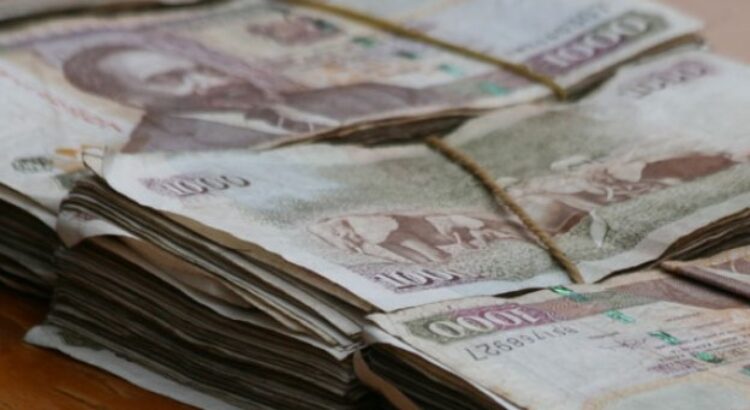
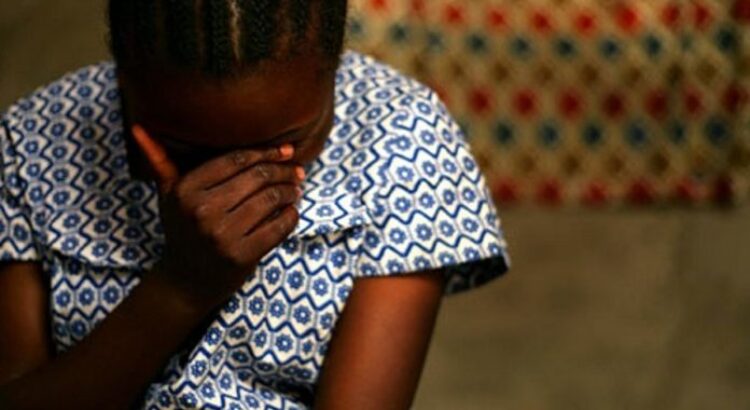
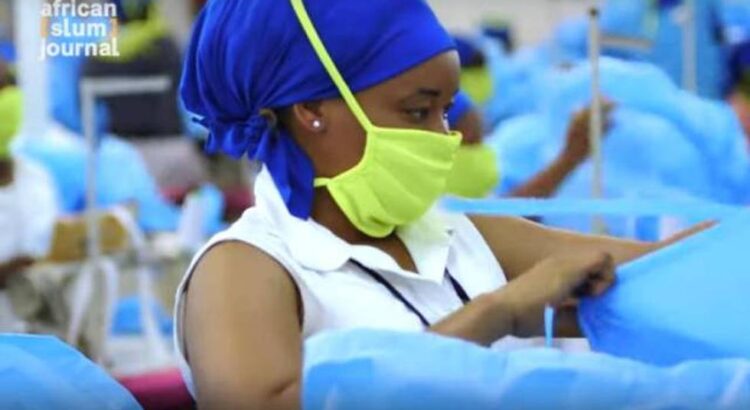

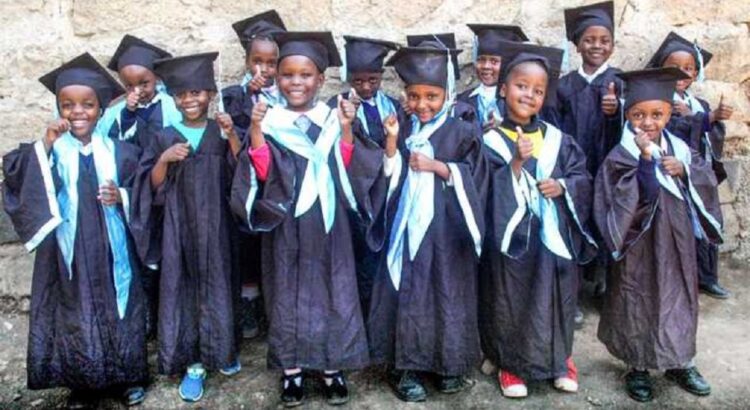
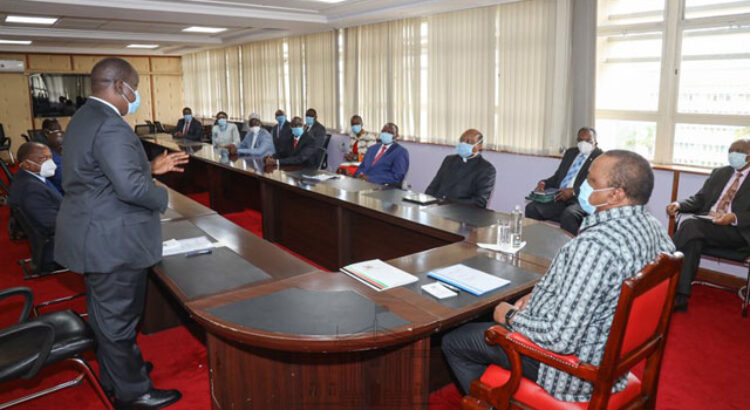
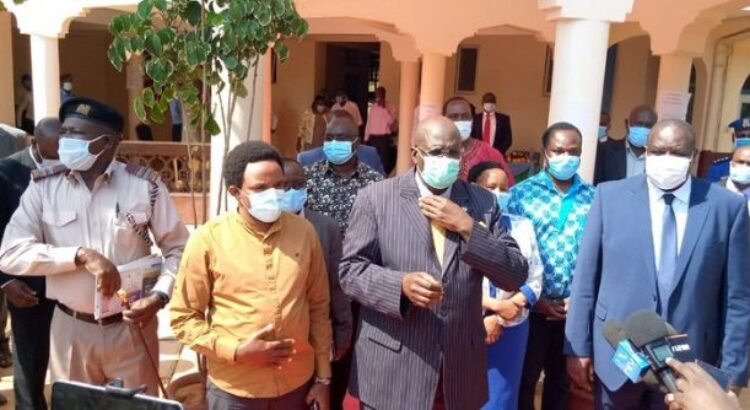





 Users Today : 39
Users Today : 39 Total Users : 35459634
Total Users : 35459634 Views Today : 86
Views Today : 86 Total views : 3418058
Total views : 3418058